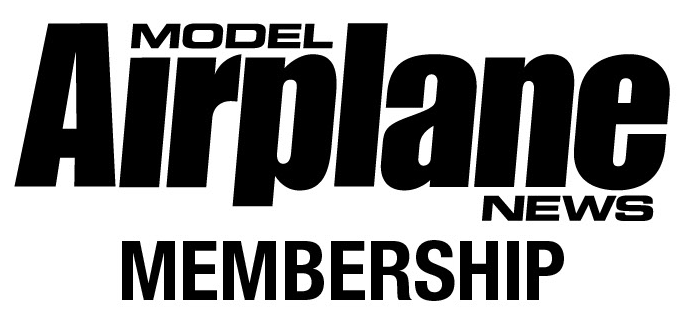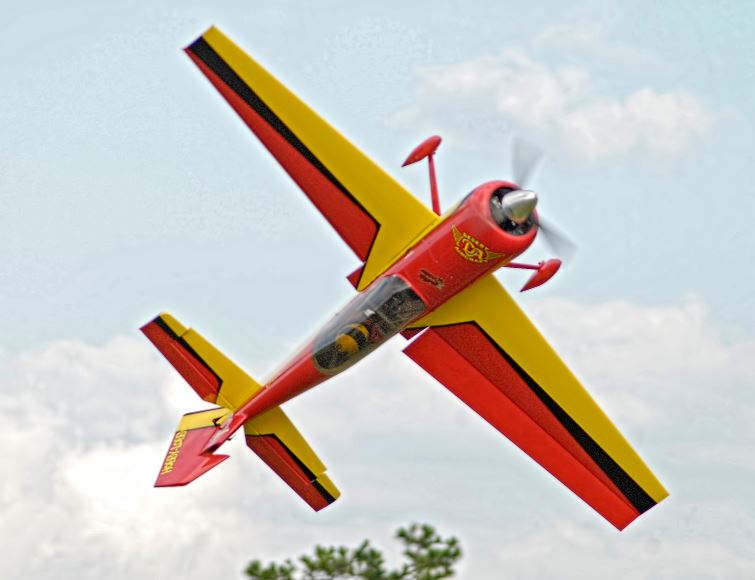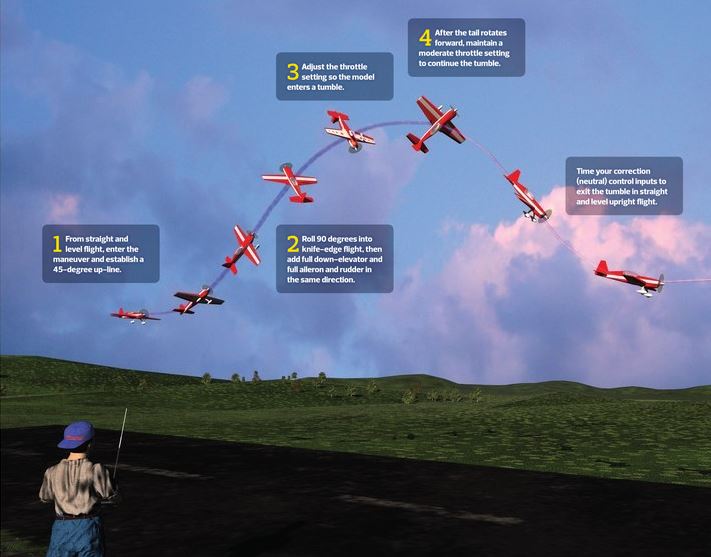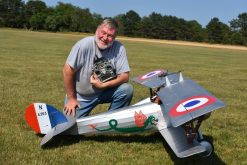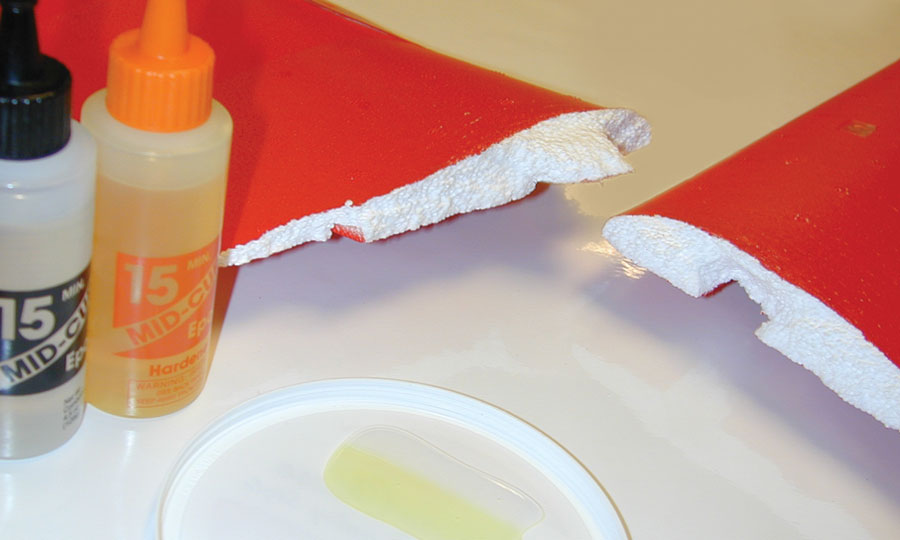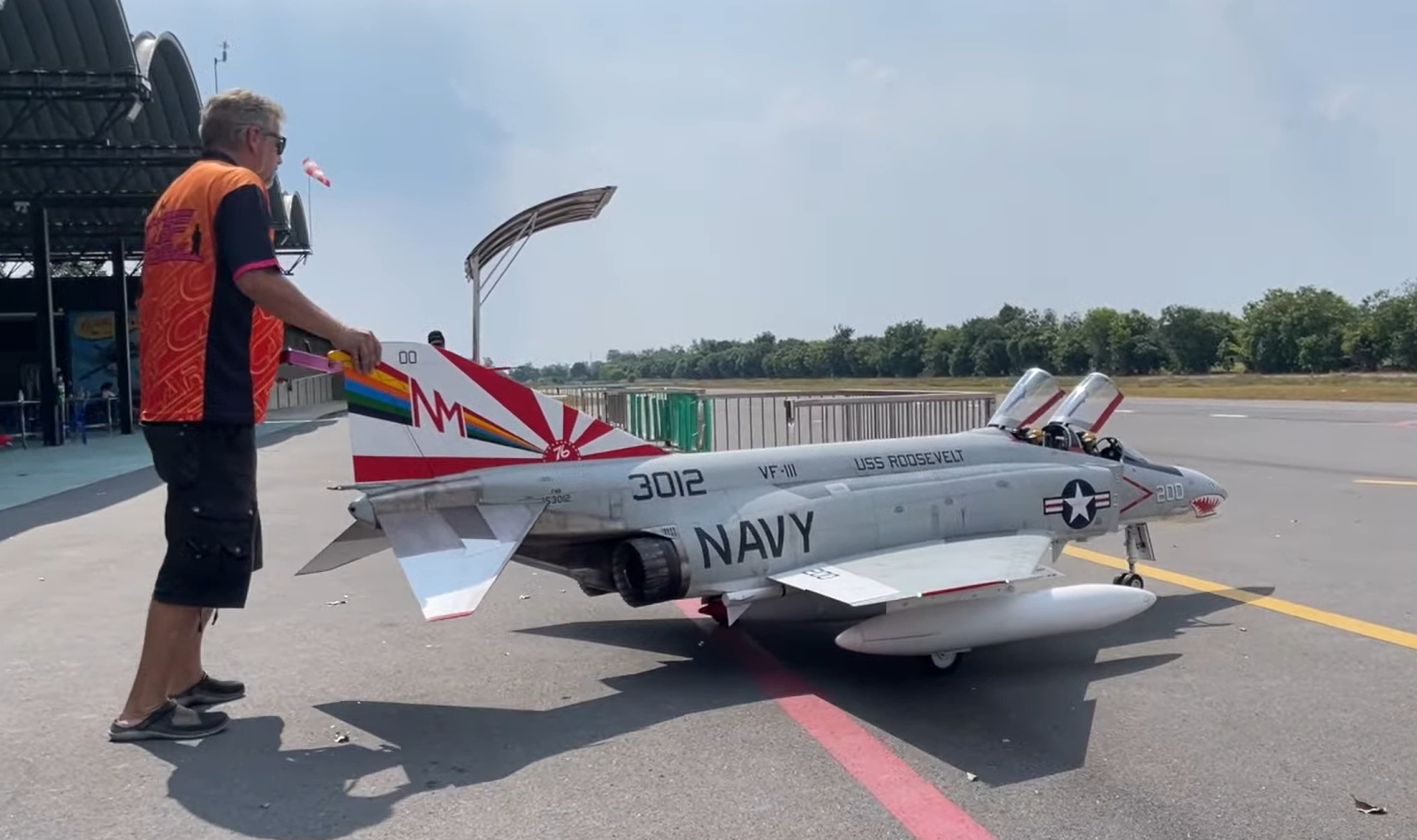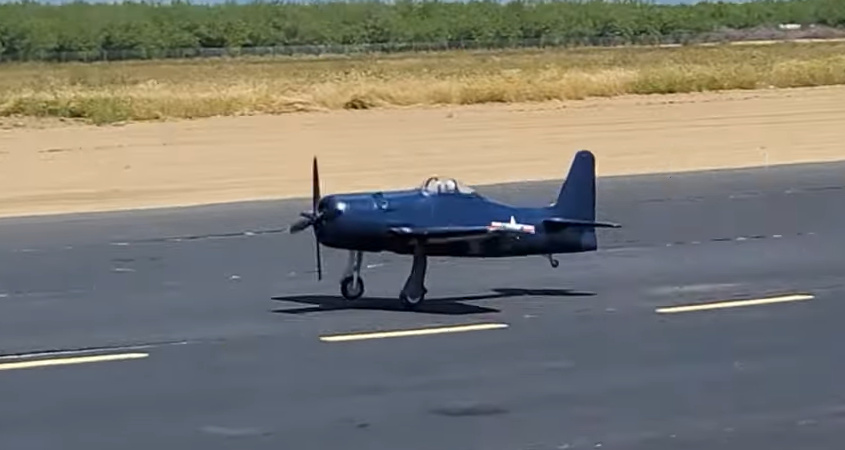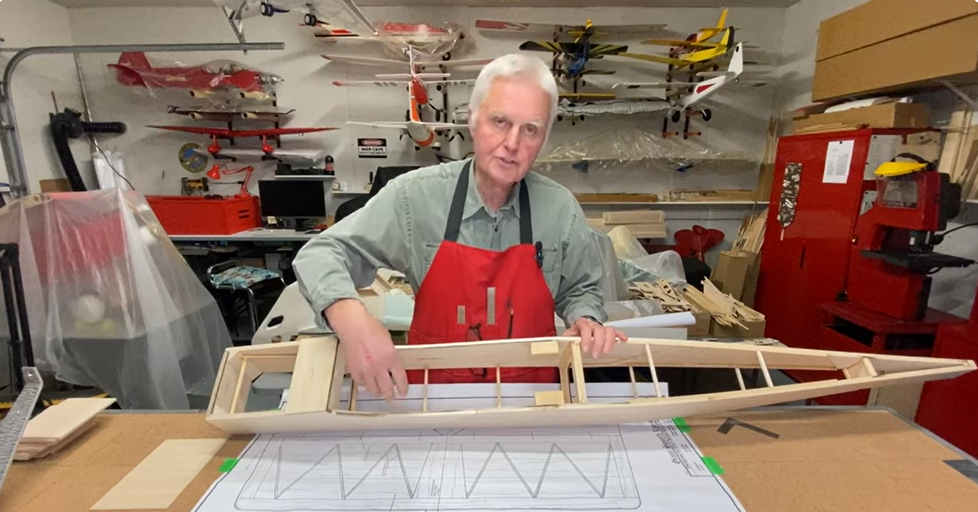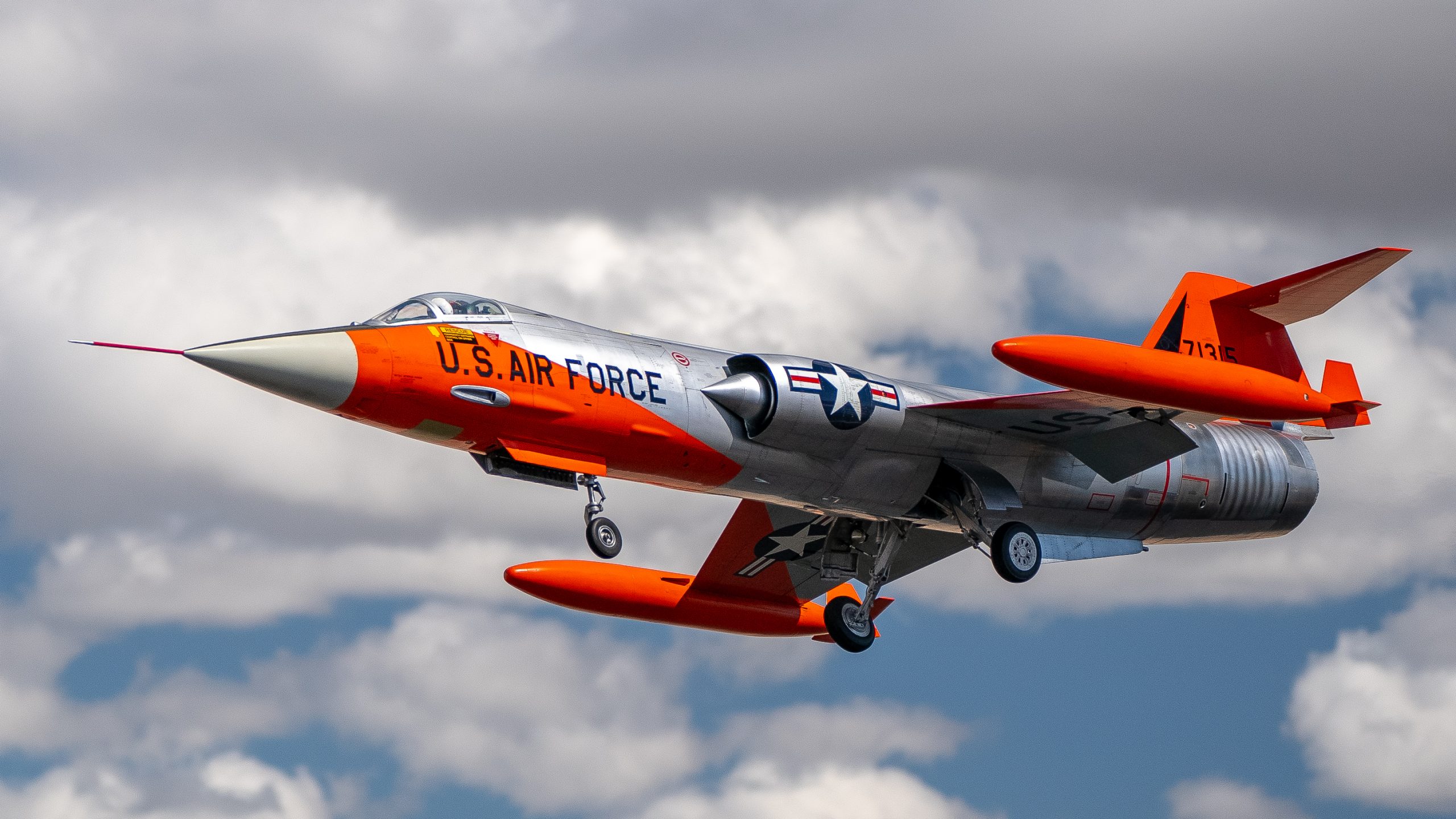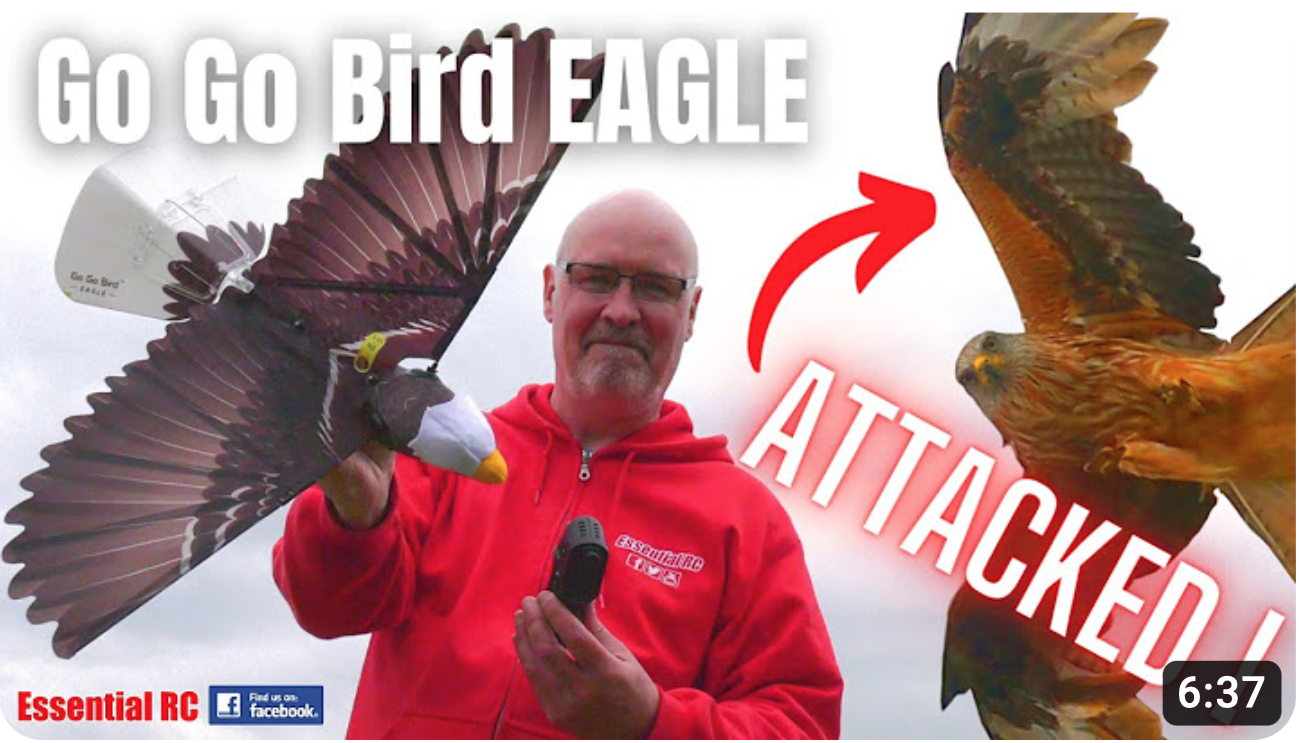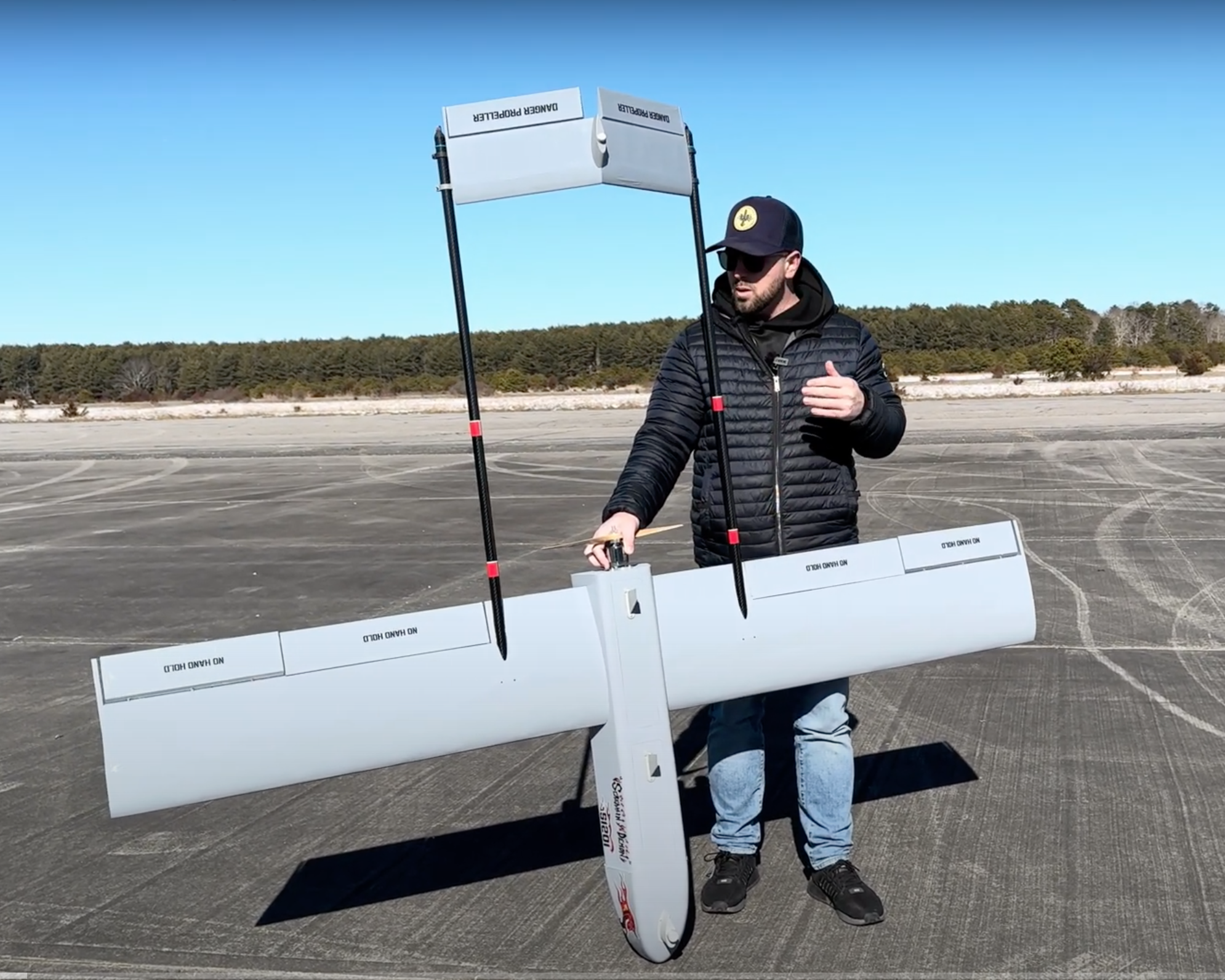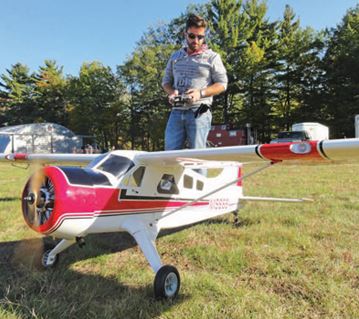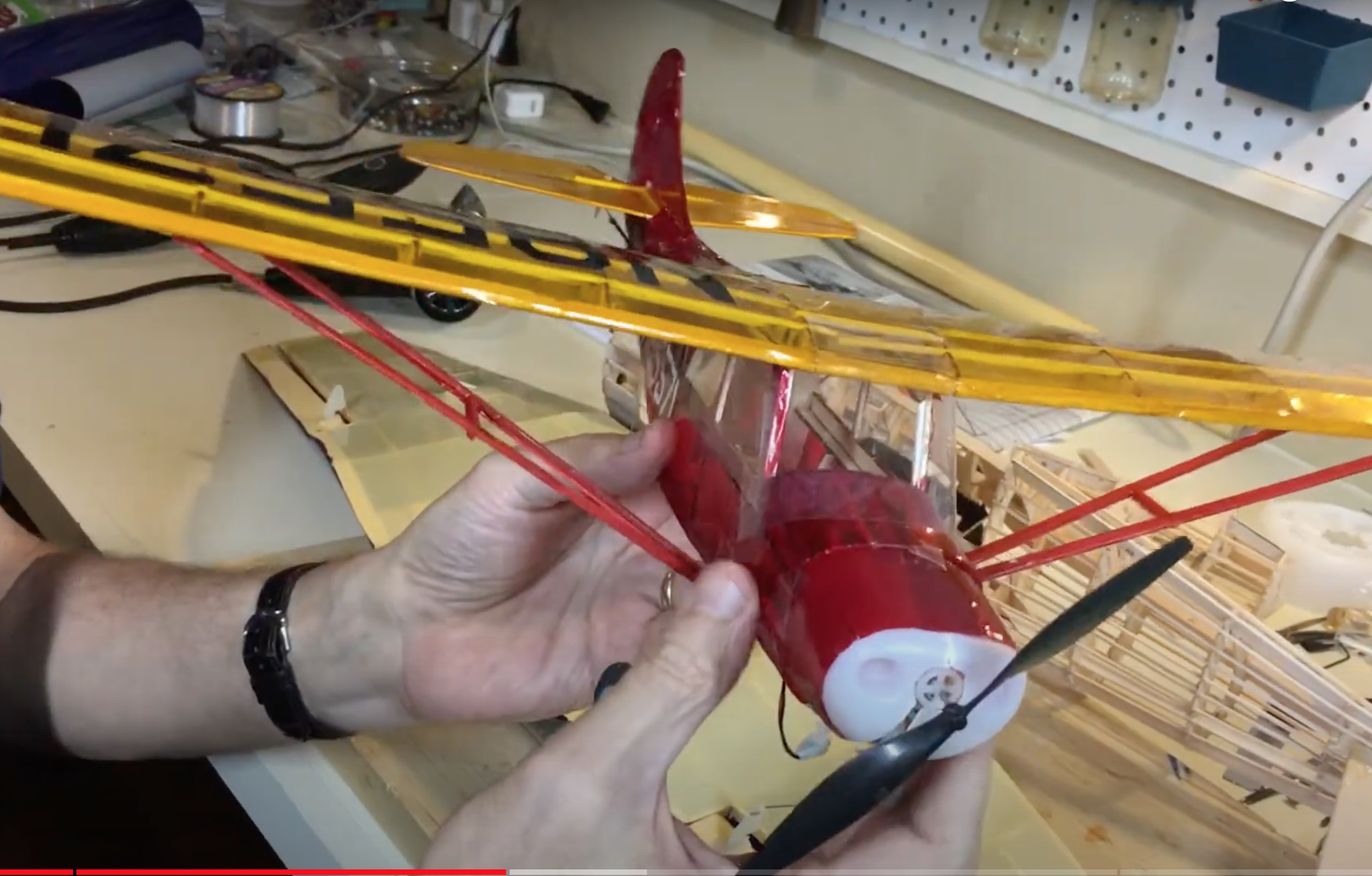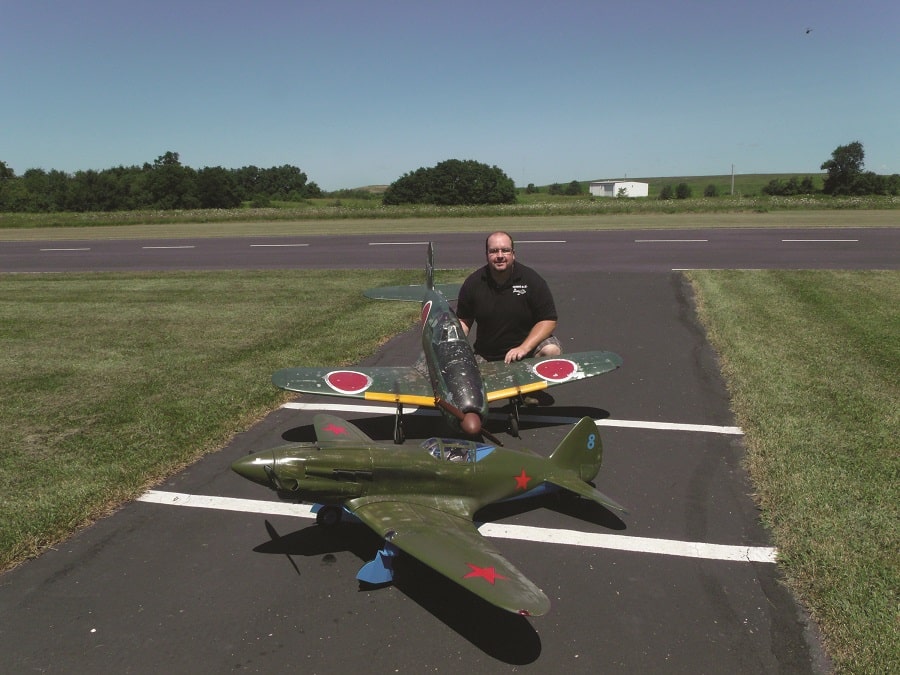As aerobatic RC pilots develop their skills, it’s natural to try different control inputs while flying. And, quite often new aerobatic maneuvers are discovered by pushing the envelope.
The classic Lomcevak is a tumbling maneuver where the aircraft’s tail rotates in front of the engine throughout the maneuver. The maneuver has Eastern European roots and the word “lomcevak” translates to headache.
To properly execute this maneuver, you need to apply proper control inputs at precisely the correct time. To consistently execute the maneuver, your aircraft will need to be properly tuned and set up. It must have the proper center of gravity, adequate control surface deflections, and enough power to tumble end over end.
To perform the Lomcevak properly, you’ll need a minimum of 30 degrees of control surface deflection for all control surfaces and an exponential setting of about 50%. I would also recommend the use of dual and/or triple control rates. If you’re having difficulty performing the Lomcevak (only entering a tumble), try increasing elevator input and move the center of gravity back a little more.
Overview
In its most basic form begin the maneuver from upright level flight going into the wind. As the aircraft approaches the midpoint, establish a 45-degree up-line with about 80% power. The throttle setting will differ depending on the model’s weight and power. Adjust your throttle setting accordingly to suit your aircraft.
Next roll the model 90 degrees into knife-edge and then apply full down-elevator combined with aileron and rudder inputs in the same direction. With proper throttle management, the airplane will tumble end over end. After the tail rotates forward, the model will lose most, if not all, of its momentum. Maintain a moderately high throttle setting and time your control inputs so the airplane once again establishes upright level flight on the original heading. The Lomcevak is performed traveling over an arced path and exits in upright level flight.
As with all new maneuvers, practice at a fairly high altitude. If the aircraft is too close to you, it may become difficult to apply certain corrective inputs as the model nears end of the tumble. If during the maneuver you become disoriented, abort the attempt and pull into upright level flight.
Illustration by FX Models
By the Numbers
Step 1. At a fairly high altitude flying into the wind, align the aircraft with the runway and enter the maneuver in upright level flight. Switch to high rates, then as the model is about to pass directly in front of you, increase throttle to 80% and gradually pull into a 45-degree up-line. Once the line is established, roll 90 degrees to the right into knife-edge flight. Hold left (top) rudder to maintain the 45-degree climb.
Step 2. To make the model tumble, apply full left rudder, full left aileron, and full down elevator. As airspeed drops, increase the throttle amount.
Step 3: The goal is to get the model to tumble end over end. The throttle and control surface deflection amounts are critical, as is having the proper center of gravity.
Step 4: After the aircraft performs the Lomcevak, neutralize all the control inputs, establish a 45-degree down-line, and the pull to upright level flight. Return your control rates back to neutral and give the maneuver another try!
It should be mentioned that with the momentum of a heavier aircraft will help to carry it through the figure. If it is difficult to get the tail to swing underneath the model throughout the maneuver, try moving the center of gravity aft a small amount. If this still does not work, increase the control deflections and try different throttle settings. Finding the perfect combinations of all the variables is what the Lomcevak is all about!


